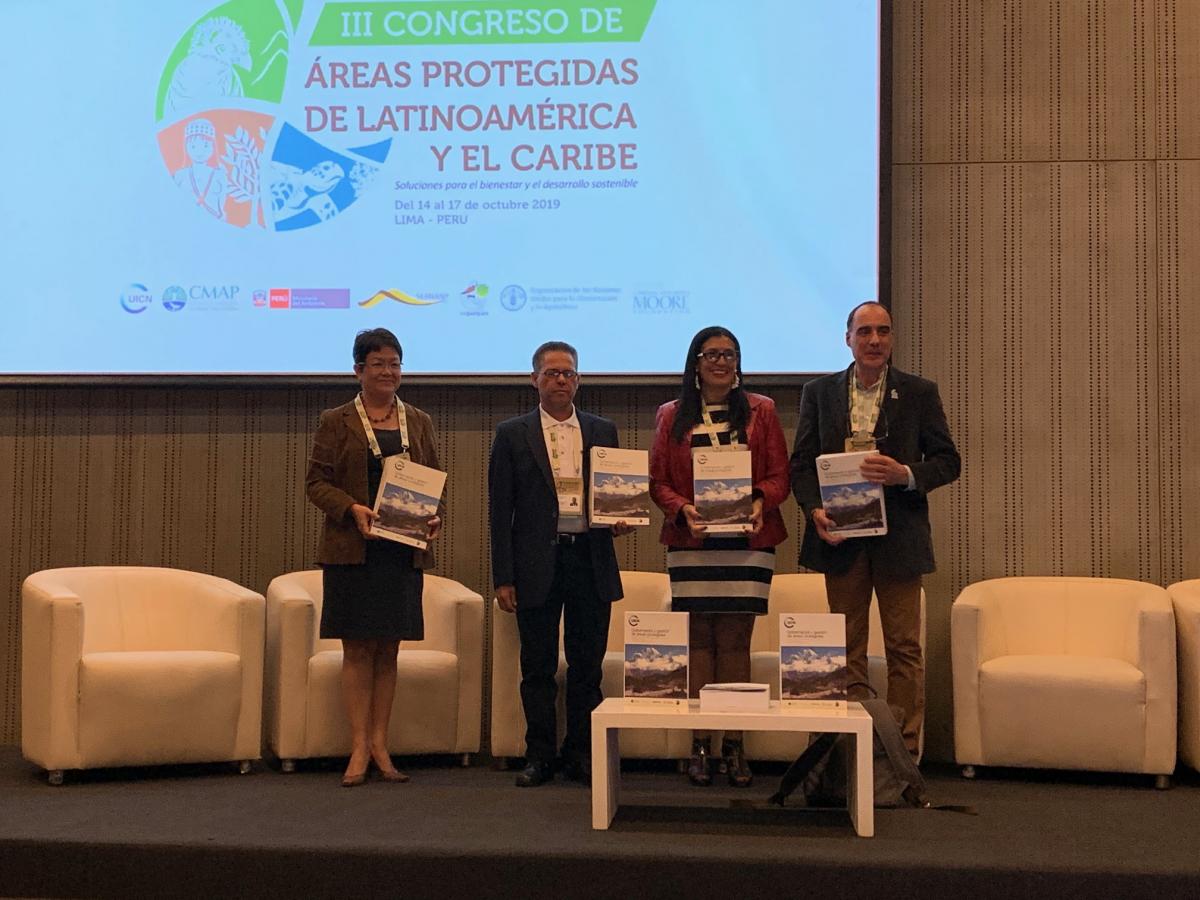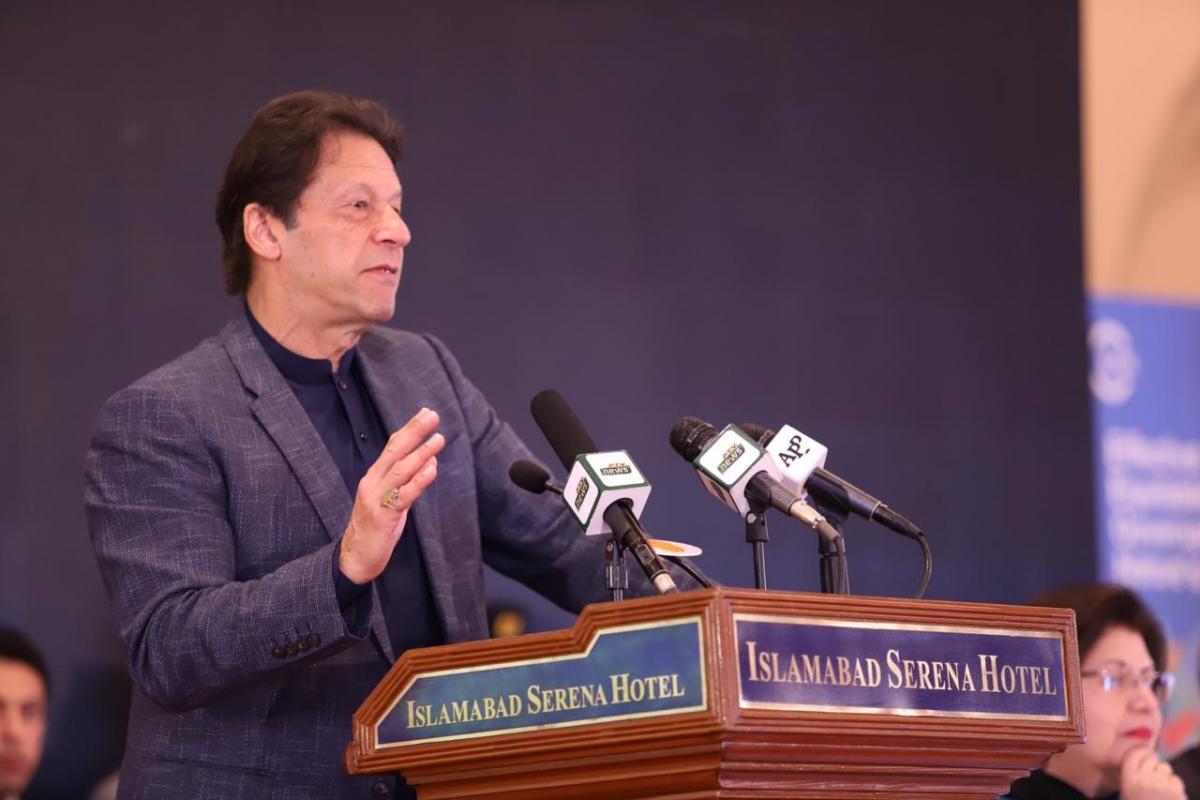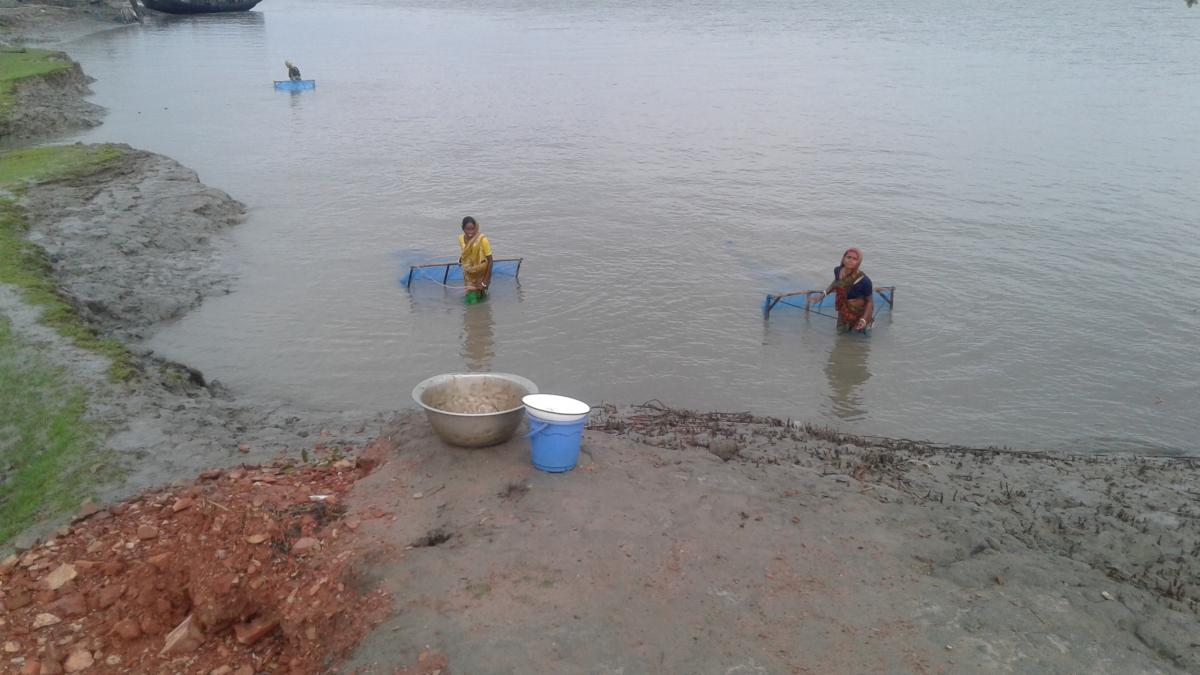IUCN Director General commemorates 50 years of cooperation with Bangladesh
Dr Bruno Oberle, Director General of IUCN (International Union for Conservation of Nature), along with Dr Grethel Aguilar, Deputy Director General, and Dr Dindo Campilan, Regional Director for Asia, visited Bangladesh to celebrate 50 years of cooperation between its Government and IUCN. During the visit, the Director General met with government officials, local organisations, National Committee Members, partners and donors, Forcefully Displaced Myanmar Nationals (FDMN), Elephant Response Teams, community leaders and other stakeholders to discuss the current state of environmental conservation in Bangladesh and to explore ways for further collaboration to protect the country's natural resources.
The event commemorating 50 years of cooperation, held on 26 February 2023, drew over 300 guests, including the Minister, Deputy Minister, Secretary, Additional Secretary and the Chairman of the Parliamentary Standing Committee to the Ministry of Environment, Forests and Climate Change (MoEFCC), a State Member of IUCN. A total of 21 IUCN Member organisations attended the ‘conservation fair’ organised at the venue, where each Member showcased a wide variety of conservation activities being implemented.
During the event, Dr Oberle stated that “what we eat grows from biodiversity, what we breathe is prepared by biodiversity, the water we drink is purified by biodiversity. We humans cannot survive without biodiversity.”
Before the event, a bilateral meeting was held between the IUCN delegates and MoEFCC, as well as with the Forest Department. At the meeting, further long-term collaboration and transformative conservation initiatives related to ‘other effective area-based conservation measures’ were discussed, among other issues.
The Director General engaged with IUCN Members at multiple opportunities throughout his mission, and also took part in a roundtable discussion with the Bangladesh National Committee. Another key point in the mission was a field visit to the camps for the FDMN in Cox’s Bazar, where IUCN has launched initiatives to reduce human-elephant conflicts and improve overall biodiversity conservation. They observed a demonstration by the Elephant Response Teams, who work to mitigate human-elephant conflicts in the camps to protect more than half a million people.
There, the Director General and senior IUCN leadership also saw other conservation efforts such as the Sustainable Land Management and Environmental Rehabilitation (SuLMER) initiative, focusing on the restoration of streams and natural landscapes. A bilateral meeting was also held with the Office of the United Nations High Commissioner for Refugees (UNHCR), exploring the possibility of scaling up the partnership and connecting landscape-level biodiversity conservation through Nature-based Solutions within the context of a humanitarian crisis.



